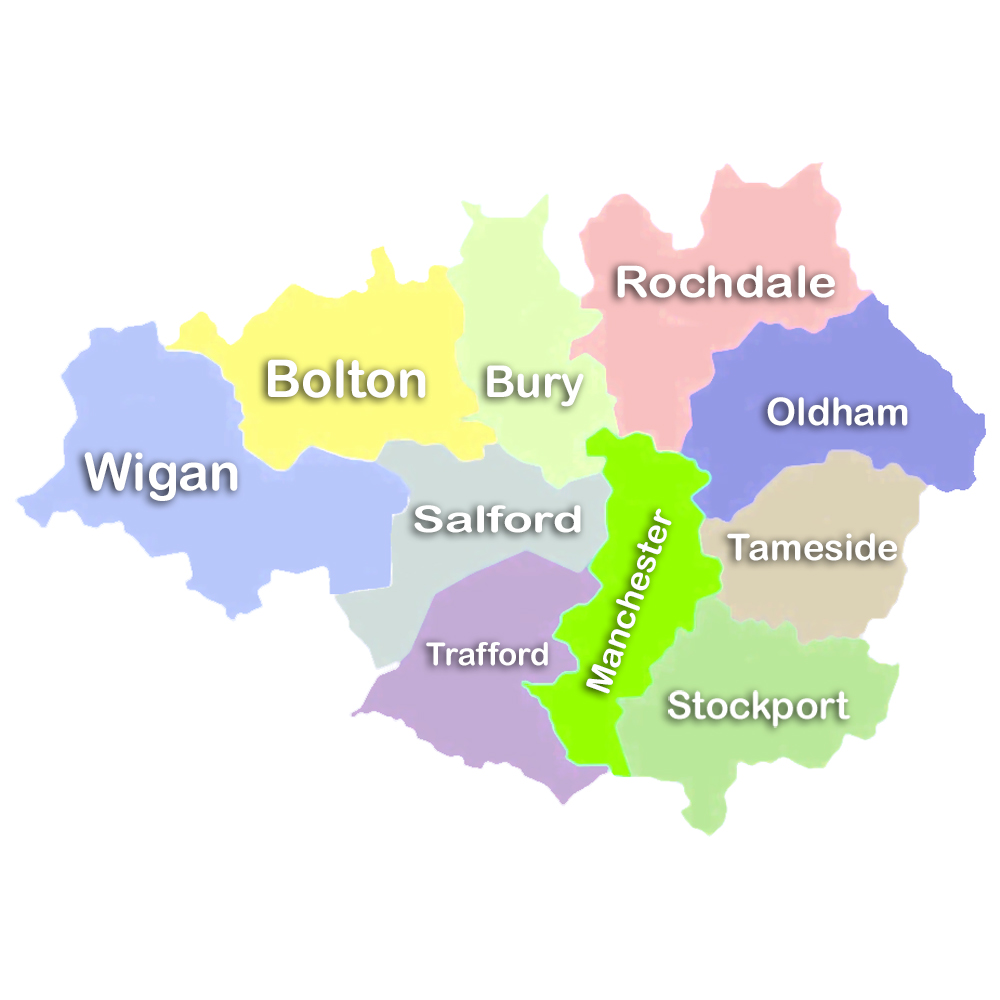
The Greater Manchester Disabled People’s Panel (GMDPP) was created as an initiative between Disabled People’s Organisations and the Greater Manchester Mayor Andy Burnham. We aim to ensure that disabled people’s involvement in all aspects of running and planning for the future of the city region are better represented. So that our lives and rights improve, because as ever, we say- Nothing About Us, Without Us!
We do things differently here, we are pioneers, we are the only city region doing this at the moment, we hope the idea spreads!
Join our Facebook page facebook.com/gmdisabledpeoplespanel/
News
United Nations tells UK Govt to Stop Regressing our Rights!
🚨🚨🚨BREAKING NEWS🚨🚨🚨 The United Nations is calling for the UK Government to stop the Universal Credit (PIP) Bill because it will ‘deepen the signs of regression’ in disabled people’s human rights. UN letter to the Government of the United Kingdom of Great Britain and Northern Ireland. “The Committee has received credible information indicating that if…
GM Equality Panels Letter Opposing the DWP Pathways to Work Green Paper
Open Letter to All Greater Manchester MPs Regarding the Government’s Green Paper on Benefits 20 May 2025 To the Members of Parliament representing Greater Manchester, We are writing to you as members of the Greater Manchester Equality Panels regarding the Government’s recent ‘Pathways to Work’ Green Paper on changes to benefits. We are deeply concerned…
Mental Health Wellbeing Grants for Disabled People
Grants have Launched! The deadline to apply is Monday 7th July! Full Details and Accessible Formats HERE The Greater Manchester Disabled People’s Panel (GMDPP) co-produced a report with GM NHS Health and Social Care Partnership on Mental Health Wellbeing and Disability. This then led to a series of strategic grants being administered by GMCVO (Greater Manchester…
You must be logged in to post a comment.